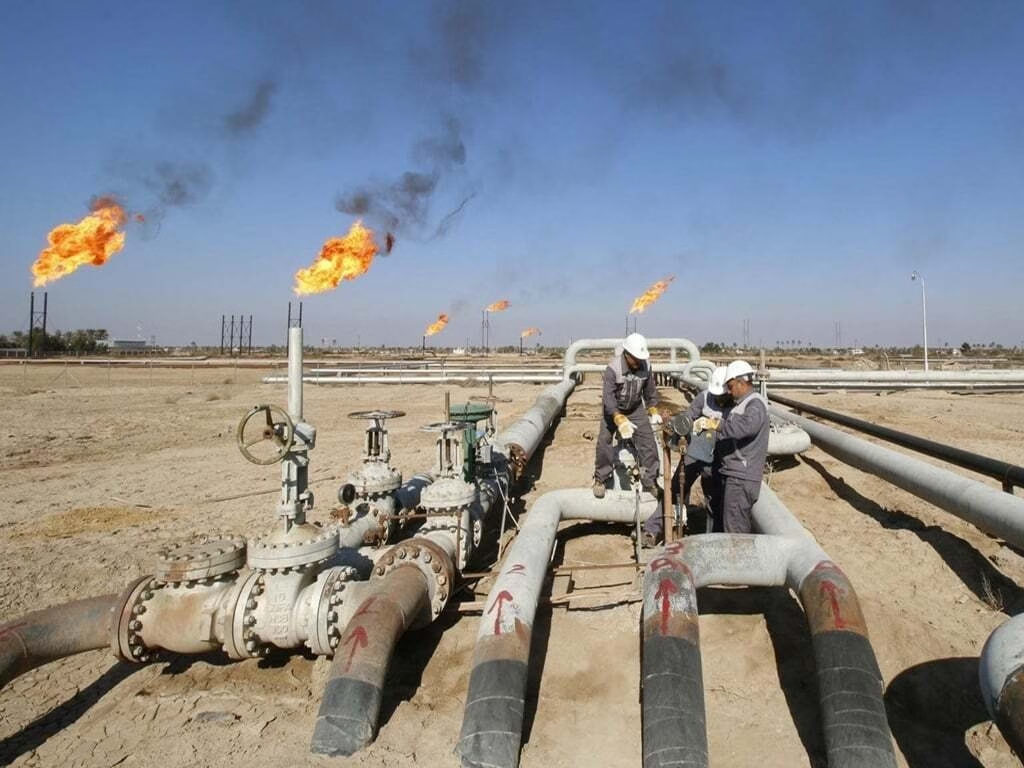The Economic Coordination Committee (ECC) of the Cabinet has approved a new framework for natural gas pricing, keeping rates for domestic consumers unchanged but allowing an increase in fixed charges.
The decision, taken during a meeting chaired by Finance Minister Muhammad Aurangzeb, is part of ongoing economic reforms under the International Monetary Fund (IMF) programme.
According to an official statement, the government will now revise gas prices 40 days after the Oil and Gas Regulatory Authority (OGRA) releases its biannual pricing determination.
While gas prices for households remain the same for the upcoming fiscal year, officials confirmed that fixed charges for residential users will rise. However, no details were shared about the scale of this increase.
The ECC also approved a 10% average increase in gas tariffs for industrial users, wholesale buyers, and power producers. Officials said the hike is necessary to address fiscal imbalances in the energy sector.
In another significant move, the ECC set up a ten-member steering committee to assess the need for sugar imports, amid growing concerns over domestic stock levels and expected price hikes. The committee will soon present its recommendations to the Cabinet Committee on Sugar.
Additionally, the ECC gave in-principle approval for a risk coverage scheme aimed at supporting small farmers. The programme, set to launch on August 14, plans to issue 750,000 new agricultural loans over the next three years, totaling Rs300 billion. The Finance Ministry estimates that Rs37.5 billion will be needed to cover risk and administrative costs associated with the scheme.
The committee also approved technical supplementary grants, including:
- Rs158.4 million for the Ministry of Defence
- Rs2,604 billion for domestic and foreign loan repayments
- Rs5.5 billion for SUPARCO (Space & Upper Atmosphere Research Commission)
Officials described the decisions as part of broader efforts to tighten fiscal management and improve efficiency across key sectors. The measures, especially those related to energy pricing, align with IMF requirements aimed at reducing untargeted subsidies and reforming the energy sector.



